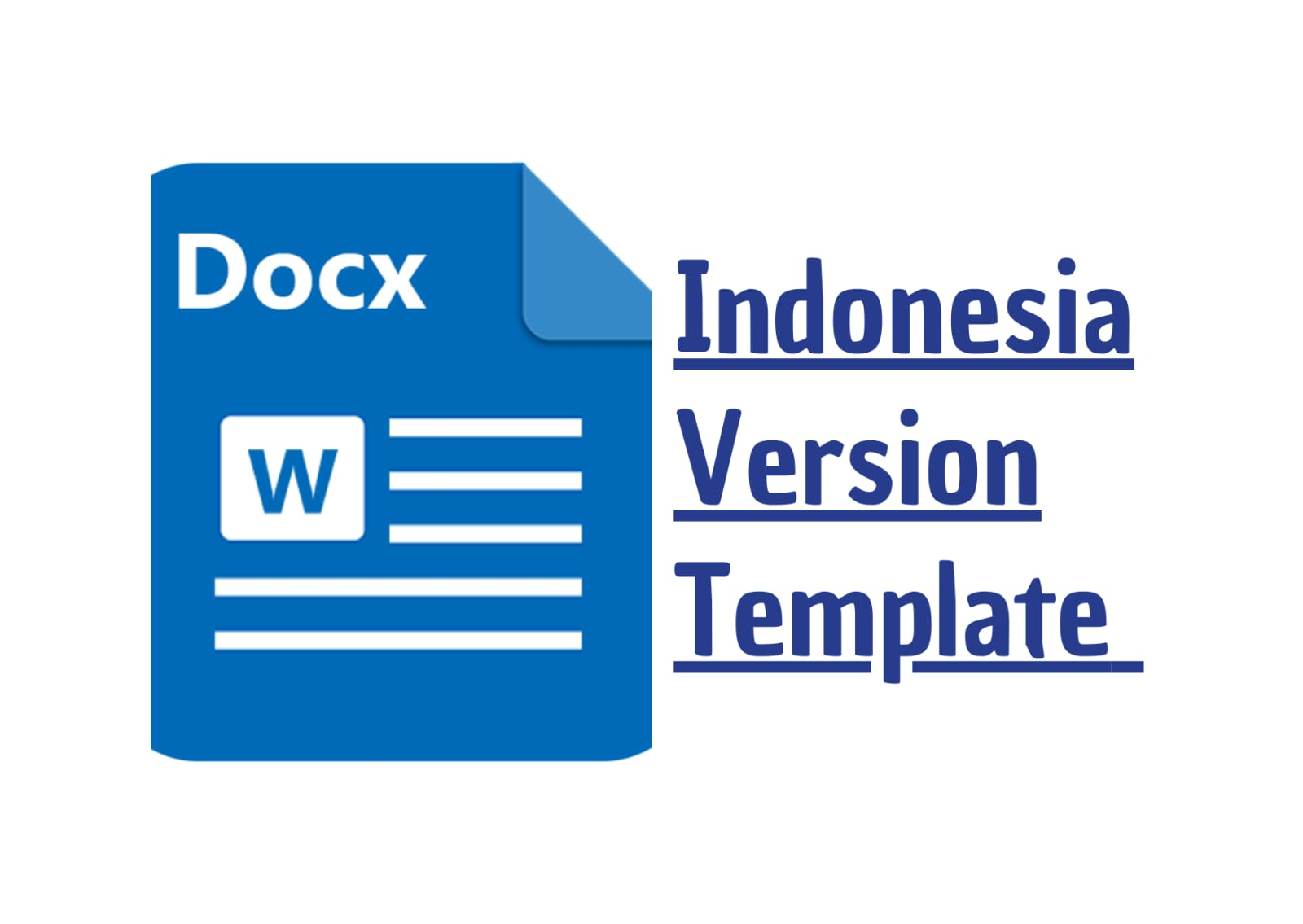Organizational Citizenship Behavior and Organizational Performance: A Literature Review
DOI:
https://doi.org/10.56799/jceki.v2i4.1709Abstract
This paper is to explore the relationship between Organizational Citizenship Behaviour and organizational performance in both private and public organization. OCB has significant impact on organization performance as its shows in several researches and literature review by schoolar. Research in the field of business and management confirms that employees are activators of organizational resources and, therefore, are considered an important asset of the organization. Other available literature confirms the assumption that high employee citizenship behavior is the most influential factor and contributes a lot to the success of company performance. The contribution of fundamentally effective leadership to employee commitment and citizenship cannot be ignored.
Downloads
References
Ahmed, N., A. Rasheed., K. Jehanzeb. (2012). “An Exploration of Predictors of Organizational Citizenship Behaviour and its Significant Link to Employee Engagement”, International Journal of Business, Humanities and Technology, Vol. 2 No. 4, pp.99-106.
Aldag, Ray., Reschke, Wayne., (1997), Employee Value Added, New-York, Center for Organizational Effectiveness Inc.
Allison, J. Barbara., Voss, S. Richard., Houston, C. Richard., (2001), An Empirical Investigation of The Impact of SDB on The Relationship Between OCB and Individual Performance.
Angle, H. L. and J. L. Perry, (1981), An Empirical Assessment of Organizational Commitment and Organizational Effectiveness, Administrative Science Quarterly 27: 1-14.
Armstrong Michael, (1990), A Hand Book Personnel Management Practice, Fourth Edition, Kogan Page Limited, London.
Barksdale, K., dan J.M Werner. (2001). “Managerial ratings of in-role behaviors, organizational citizenship behaviors, and overall performance: testing different models of their relationship”, Journal of Business Research, Vol. 51, pp. 145-155.
Benson, G S, Young, S M and Lawler, E E, (2006), High Involvement Work Practices and Analysts’ Forecasts of Corporate Performance, Human Resource Management, 45 (4), pp 519–27
Bernardin, H & Russel, E. (1993). Human Resource Management: An Experimental Approach, Singapore, McGraw-Hill Inc.
Bolino, M. C., (1999), Citizenship and impression management: Good soldiers or good actors?, Academy of Management Review, 24: 82-98.
Buentello, O., J. Jung., J. Sun. (2008). “Exploring The Casual Relationships Between Organizational Citizenship Behavior, Total Quality Management, And Performance”. University of Texas-Pan American.
Burns, P. (2008). Corporate Entrepreneurship Building the Enterpreneurial Organization, Second edition, NY Plagrave Mcmilan.
Cooper, D.R. & Schindler, P.S. (2003). Business Research Methods. Boston, Irwin McGraw-Hill International.
Chughtai, A.A. (2008). Impact of Job Involvement on In-Role Job Performance and Organizational Citizenship Behaviour. Institute of Behavioral and Applied Management.
Cleveland, J. and P. Plastrik, (1995). Learning, Learning Organization and TQM. In A.M. Hoffman and D.J. Julius (Eds), Total Quality Management: Implications for Higher Education, Maryville, MO: Prescott, pp. 233-243.
Darsana, M. (2013). “The Influence Of Personality And Organizational Culture On Employee Performance Through Organizational Citizenship Behavior”, The International Journal Of Management, Vol.2, Issue 4, pp.35-42.
Dharma, Surya. (2011). Manajemen Kinerja, Falsafah Teori dan Penerapannya, Pustaka Pelajar, Yogyakarta.
Dwiyanto, Agus. (2006). Analisis Biaya Manfaat. Pusat Penelitian Kependudukan, Universitas Gadjah Mada, Yogyakarta.
Gomes, Faustino; Gillian Belben & Sally Wesley, (2000), Language Centre Management Hand Book : English Communication Skill for The Indonesian Civil Cervice Proyect, Cetakan Pertama, B.C – ODA – LAN ECSCS Proyect, Jakarta.
Kolade, O.J., O.O Oluseye., O. Omotayo. (2014). “Organizational Citizenship Behaviour, Hospital Corporate Image and Performance”, Journal of Competitiveness, Vol. 6, Issue 1, pp. 36 – 49.
Kumorotomo, Wahyudi, Akuntabilitas Birokrasi Publik, Sketsa Pada Masa Transisi, Pustaka Pelajar, Yogyakarta, 2008
Liu, Y. (2009). “Perceived Organizational Support And Expatriate Organizational Citizenship Behavior The Mediating Role Of Affective Commitment Towards The Parent Company”, Personnel Review, Vol. 38 No. 3, pp. 307-319.
MacKenzie, S. B., Podsakoff, P. M. & Fetter, R., (1991), Organizational citizenship behavior and objective productivity as determinants of managerial evaluations of salespersons’ performance, Organizational Behavior and Human Decision Processes, 50: 123-150.
Niehoff, Brian, (2000), A Motive-Based View of Organizational Citizenship Behaviors: Applying an Old Lens to a New Class of Organizational Behaviors, Kansas State University, Department of Management College of Business Administration.
Nwibere, B.M. (2014). “Interactive Relationship Between Job Involvement, Job Satisfaction, Organisational Citizenship Behaviour, And Organizational Commitment In Nigerian Universities”, International Journal of Management and Sustainability, Vol. 3, No.6, pp.321-340.
Organ, D. W. (1988). Organizational citizenship behavior: The good soldier syndrome. Lexington, MA: Lexington Books.
Ozdem, G. (2012). “The Relationship Between The Organizational Citizenship Behaviors And The Organizational And Professional Commitments Of Secondary School Teachers”, Journal of Global Strategic Management, Vol. 12, pp.47-64.
Öztürk, F. (2010). Determinants Of Organizational Citizenship Behavior Among Knowledge Workers: The Role Of Job Charcteristics, Job Satisfaction, And Organizational Commitment. Thesis.
Podsakoff & McKenzie, (2006), Organizational Citizenship Behavior : its Nature, Antecedents and Concequences, Sage Publication, Thousand Oaks California.
Podsakoff, P. M., MacKenzie, S.B, Paine, J. B., & Bachrach, D. G., (2000), Organizational citizenship behaviors: A Critical review of the theoretical and empirical literature and suggestions for future research. Journal of Management, 26, 513-561.
Podsakoff., P.M., M. Ahearne., S.B MacKenzie. (1997). ”Organizational Citizenship Behavior and the Quantity and Quality of Work Group Performance”, Journal of Applied Psychology, Vol.82, No.2, pp. 262-270.
Purba, D.E., dan A.N.L Seniati. (2004). “Pengaruh Kepribadian Dan Komitmen Organisasi Terhadap Organizational Citizenzhip Behavior”, Makara, Sosial Humaniora, Vol. 8, No. 3, pp.105-111.
Schnake, M., (1991), Organizational citizenship: A review, proposed model, and research agenda, Human Relations, 44: 735-759.
Sena, T.F. (2011). “Variabel Antiseden Organizational Citizenship Behavior (OCB)”, Jurnal Dinamika Manajemen, Vol. 2, No. 1, pp.70-77.
Shahnawaz, M.G., Md. H Jafri. (2009). “Psychological Capital as Predictors of Organizational Commitment and Organizational Citizenship Behaviour”, Journal of the Indian Academy of Applied Psychology, Vol. 35, Special Issue, pp.78-84.
Ticoalu, L.K. (2013). “Organizational Citizenship Behavior (OCB) Dan Komitmen Organisasi Pengaruhnya Terhadap Kinerja Karyawan”, Jurnal EMBA, Vol.1 No.4, pp.782-790.
Uha, Ismail Nawawi. (2013). Budaya Organisasi, Kepemimpinan dan Kinerja. Proses Terbentuk, Tumbuh Kembang, Dinamika dan Kinerja Organisasi. Kencana, Jakarta.
Ünal, Ömer Faruk. (2013). ”Relationship Between the Facets of Job Satisfaction and the Dimensions of Organizational Citizenship Behavior: Mediating Role of Organizational Commitment”, The Journal of Faculty of Economics and Administrative Sciences, Vol. 18, No.1, pp.243-269.
Van Dyne, L., Cummings, L. L., & McLean Parks, J., (1995), Extra role behaviors: In pursuit of construct and definitional clarity (a bridge over muddied waters). In L. L. Cummings & B. M. Staw (Eds.), Research in organizational behavior, Vol. 17 (pp. 215-285), Greenwich, CT: JAI Press.
Wang, Z. (2014). “Perceived Supervisor Support and Organizational Citizenship Behavior: The Role of Organizational Commitment”, International Journal of Business and Social Science, Vol. 5 No. 1, pp.210-214.
Widyaningrum, M.E. (2010). “Pengaruh Keadilan Organisasi Terhadap Kepuasan Kerja, Komitmen Dan Organizational Citizenship Behavior Pegawai (Studi Kasus Di Rumah Sakit Bersalin Pura Raharja Surabaya)”, Majalah Ekonomi, Tahun XX, No. 1, pp.100-118.
William, T., dan R. Setiawan. (2013). “Pengaruh Komitmen Organisasional Dan Kepuasan Kerja Karyawan Terhadap Organization Citizenship Behavior Di PT.Cb Capital”, AGORA, Vol. 1, No. 1, pp.1-8.
Williams, L. J. & Anderson, S. E., (1991), Job satisfaction and organizational commitment as predictors of organizational citizenship and in-role behaviors. Journal of Management, 17:601-617.
Yan, L., dan J. Yan. (2013). “Leadership, Organizational Citizenship Behavior, And Innovation In Small Business: An Empirical Study”, Journal of Small Business & Entrepreneurship, Vol. 26, No. 2, pp. 183-199.
Downloads
Published
How to Cite
Issue
Section
License
Copyright (c) 2023 Arquimino Ramos, Lena Ellitan

This work is licensed under a Creative Commons Attribution 4.0 International License.











